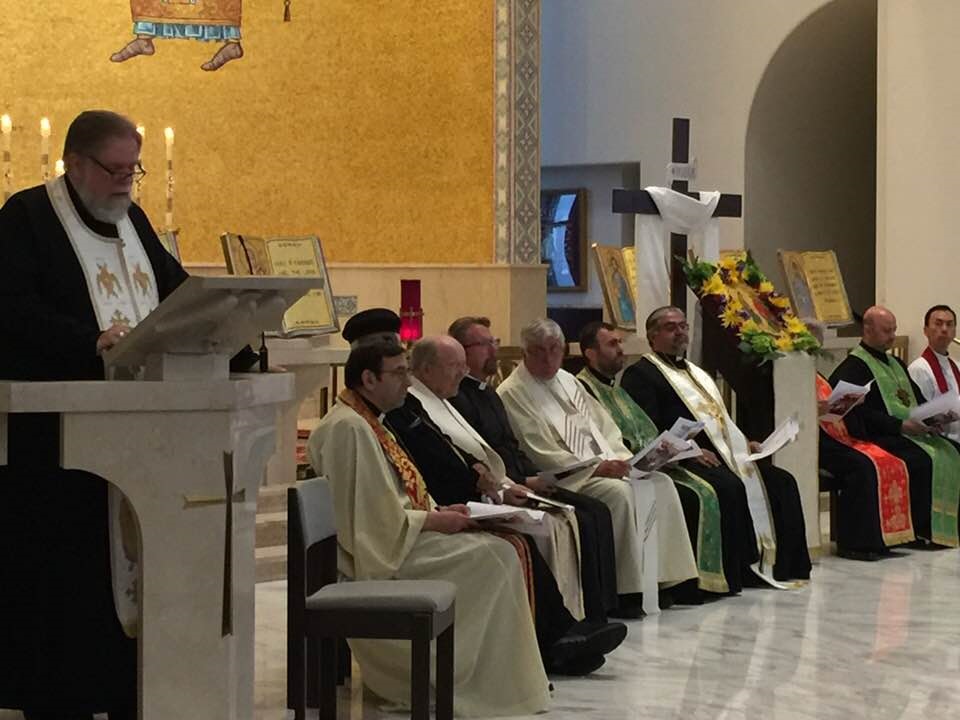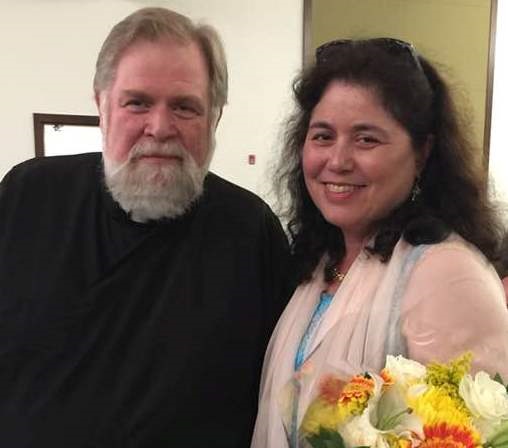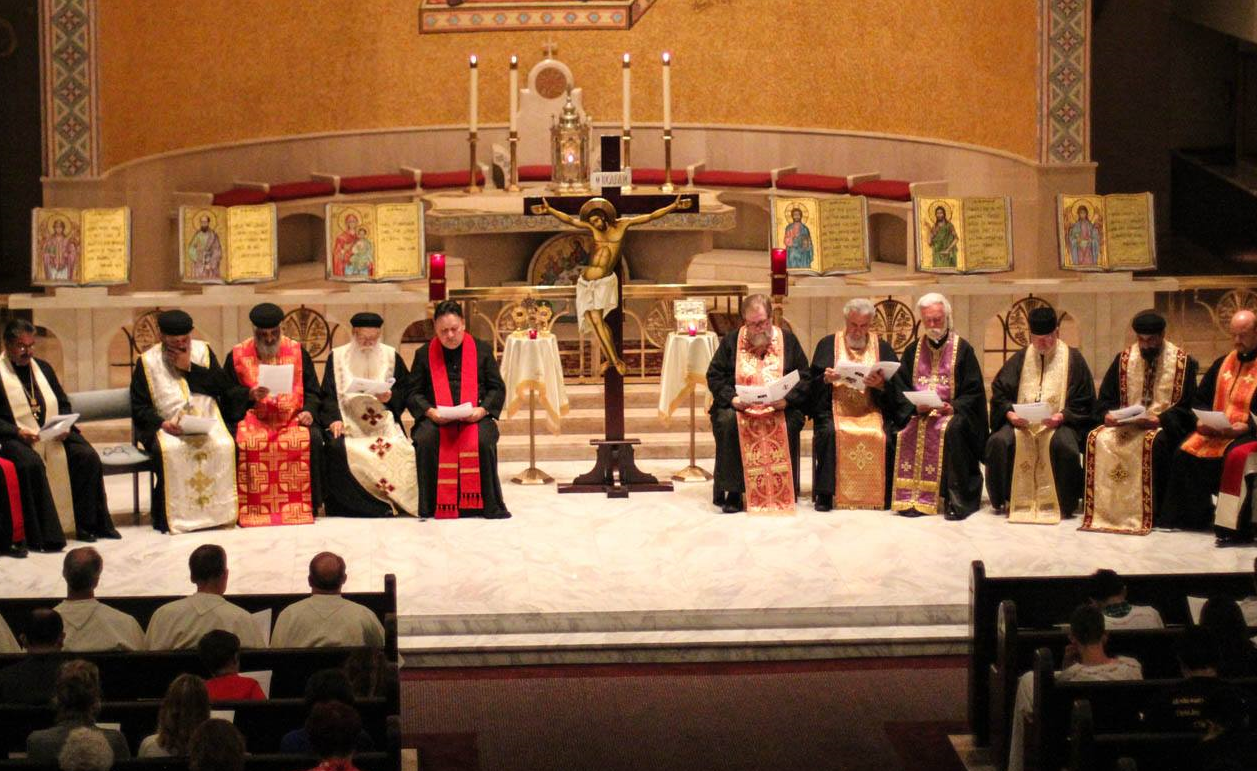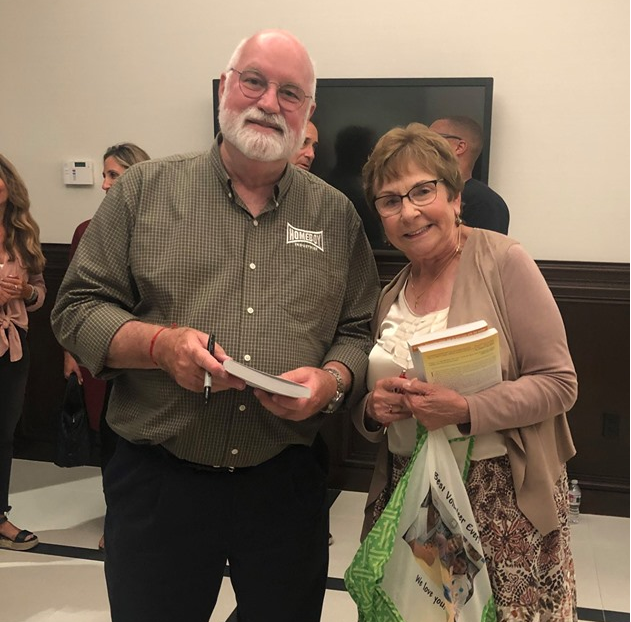Working for Unity Among Christians
“May all of them be one, Father, just as You are in Me and I am in You. May they also be one in Us so that the world may believe that You have sent Me. I have given them the glory that You gave Me that they may be one as We are one. I in them and You in Me, that they may become completely one, so that the world may know that You have sent Me and have loved them even as You have loved me.”
– JOHN 17:21-23
“I appeal to you, brothers and sisters, in the Name of our Lord Jesus Christ, that all of you agree with one another in what you say and that there be no divisions among you, but that you be completely united, and of the same mind and opinion.”
– 1 CORINTHIANS 1:10
“I think that the one great goal of all who are really and truly serving the Lord ought to be to bring back into unity those churches that have, at different times and in different ways, been divided from one another.”
– ST. BASIL THE GREAT (LETTER 94)
Since the early years of the last century, and especially since the 1920 Encyclical of the Ecumenical Patriarchate addressed “To The Churches of Christ Everywhere,” the Orthodox Church has been actively engaged in dialogue with other Christians.
Orthodox Christians believe that the purpose of conversation with other Christians is twofold: first, to identify differences in teaching and worship among those who claim Christ as Lord and Savior, to clarify disagreements and work to overcome, if possible, all errors and divisions; and second, to cooperate in doing good works in the Name of Christ where such cooperation for the good of humanity – such as feeding the hungry, aiding the poor, settling refugees, etc. – is possible and desirable.
In doing this, Orthodox Christians are following the example of their Lord and Savior, Jesus Christ, who conversed with the Samaritan woman at the well (known in our tradition as St. Photini) and even drank water from the cup she offered Him, contrary to all Jewish law and practice of His time, because Samaritans were: first, heretics who did not worship at the Temple in Jerusalem but had set up their own Temple in Samaria; and second, not a part of the chosen people but an ethnically different stock than the people of Israel.
Heretic and sinner that she was in the eyes of the Judaism of her time, we believe that her encounter with Christ Jesus led her to holiness and eternal life. Orthodox Christians must act as our Lord Jesus did, being willing to speak with anyone, knowing that the Holy Spirit may use even our poor witness to His glory. In doing so, we follow not only the example of our Lord but the witness of canonized saints such as Philaret of Moscow, Tikhon of Moscow, Nicholas of Zica and Nicholas of Japan as well as theologians and teachers such as George Florovsky, John Meyendorff, Alexander Schmemann, John Zizioulas and Thomas Hopko.
An introduction to the challenges and opportunities presented by the participation of Orthodox Christians in the ecumenical movement over the last century is:
Ecumenical Dialogue & Philanthropic Work with Other Christians at St. Paul’s
Saint Paul’s History of Ecumenical Engagement
Saint Paul’s has a long history of ecumenical engagement, beginning with our founding pastor, Father George Stephanides (1933-1996), who established a wonderful working relationship with Father Colm Conlon, the founding pastor of St. John Neumann Roman Catholic Church, more than 40 years ago.
VIDEO RESOURCES
Disagreement and Dialogue among Christians
What is Christian Unity?
What Does Unity Mean in the Orthodox Church?
Why was the meeting between Pope Francis and Ecumenical Patriarch Bartholomew so important? We’re looking at Catholic-Orthodox history in this episode of Be the Bee!
Christians seem more divided than ever. Is there really such a thing as “one” Church? Does Christian unity even matter?
Frederica Mathewes-Green explain that Orthodox Christians believe the same thing—they hold the same faith. And it is a faith that, when practiced, yields results.
Ecumenical Patriarch Bartholomew on the 70th Anniversary of the World Council of Churches
The North American Roman Catholic/Orthodox Christian Consultation: 50 years of progress
The Pope & Ecumenical Patriarch pray for unity between the Roman Catholic & Orthodox Christian Churches
Representatives of churches worldwide gathered at Geneva’s St Pierre Cathedral for the 70th anniversary of the World Council of Churches (WCC), where the Ecumenical Patriarch Bartholomew urged continued efforts for unity, justice & peace.
Secretaries of the North American Orthodox-Catholic Theological Consultation look at progress in the 50 years since Vatican II.
Pope Francis met with Ecumenical Patriarch Bartholomew on May 25, 2014 to commemorate the 50th anniversary of the meeting of Pope Paul VI and Ecumencial Patriarch Athenagoras.
ARTICLES & RESOURCES
PODCASTS
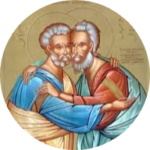
LIGHT OF THE EAST CONFERENCE
Orthodox/Catholic Ecumenical Dialogue
Hosted at St. Paul’s Greek Orthodox Church on February 5, 2011




